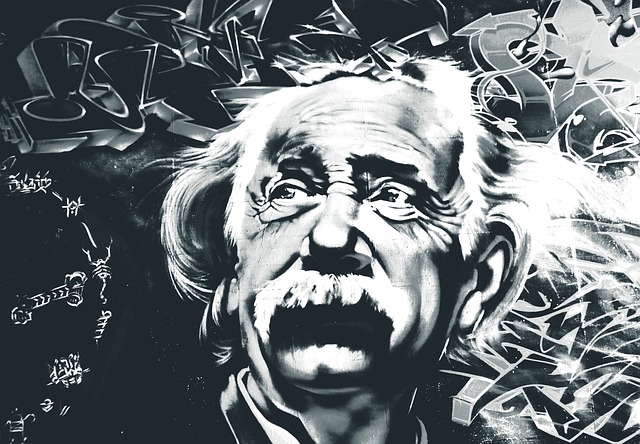As I have said, time and time again, that being human is a complicated thing.
There is more to us than we could possibly imagine. So much of who we are remains as uncharted psychological territory. There are so many things about ourselves that we simply do not know, cannot know, and that would likely horrify us if we did know.
We are all children in a way—looking to redeem our earliest traumas. We are looking for catharsis, a deep sense of fulfillment, and oftentimes we attempt to find that through a romantic relationship with another.
In a way, we are still searching for Mommy and Daddy. We wish so deeply to be held as we were when we were babies—and that we had a devoted partner to do this for us. This represents the deepest form of emotional gratification.
In order to survive the chaotic condition of being human, we become really good at lying to ourselves.
Marlon Brando once said, “A good con man can fool anybody. And the first person that you fool, as a con man, is yourself.”
Human beings are masters of self-deception—and for good reason. Life is tricky and a certain amount of self-deception is necessary merely to get through the day. If we were constantly addressing our deepest fears and most heartfelt longings, we would likely push ourselves to the brink of insanity.
It’s probably healthy to keep certain things secret from ourselves, but this comes at a great cost.
A virtue taken to an extreme becomes a vice. Although it might be of some value to deceive ourselves, to have certain self-defense mechanisms instilled to protect us from the domain of our unconscious, this can surely be taken too far. Anything we endlessly repeat is subject to becoming a pathological tendency.
My point is: don’t be too smart for the truth.
No matter how good we may be at convincing ourselves of things, the moment we take the stories we tell ourselves as pure expressions of absolute truth, we are likely to lose touch with what is actually happening.
We are going to tell ourselves stories no matter what, so it is best to have those stories be as accurate as possible. Otherwise, we cannot learn and grow from our experiences. Our stories cannot be accurate if we are accustomed to immediately believing them.
This is particularly prevalent in intimate relationships.
After a breakup, we are likely to tell ourselves a certain story about why things went how they went. It is critical to our development as human beings and our evolution as romantic partners to be as honest with ourselves as possible. In times of pain, we are more likely to lie to ourselves.
The flip side is—times of pain can also provide the best means for personal development. Let’s not tell ourselves stories that won’t lead to spiritual growth.
Pick a story, but don’t believe it wholeheartedly. We cannot grow through our experiences if we believe the stories we tell ourselves.
We can lie to ourselves without necessarily believing it, and it is in walking this fine line between subject and object—between the structure of the ego and the unadulterated chaos of nature—that we are likely to find some semblance of peace.
Relephant:
~
~
~
Author: Samuel Kronen
Image: Pixabay
Editor: Danielle Beutell
Copy Editor: Travis May
Social Editor: Khara-Jade Warren







Read 0 comments and reply